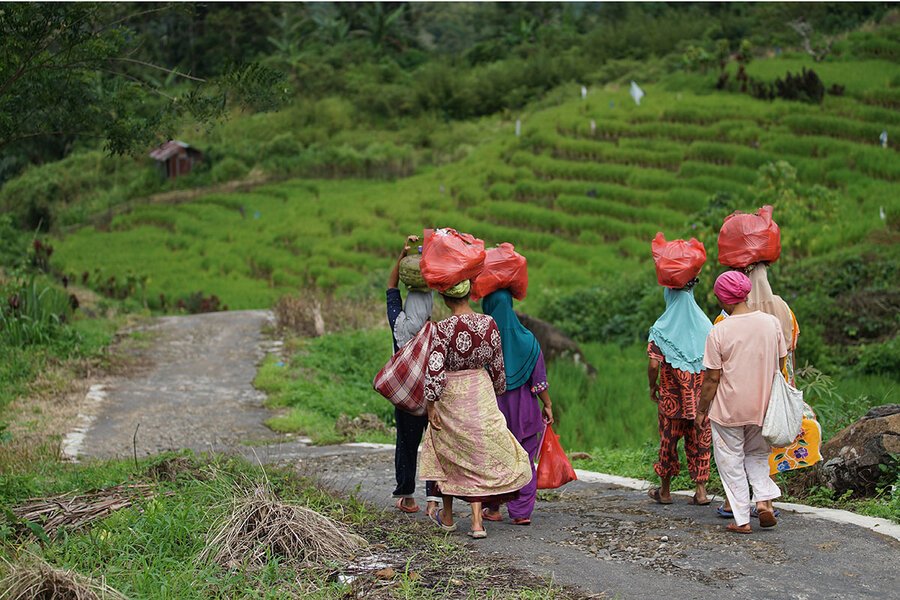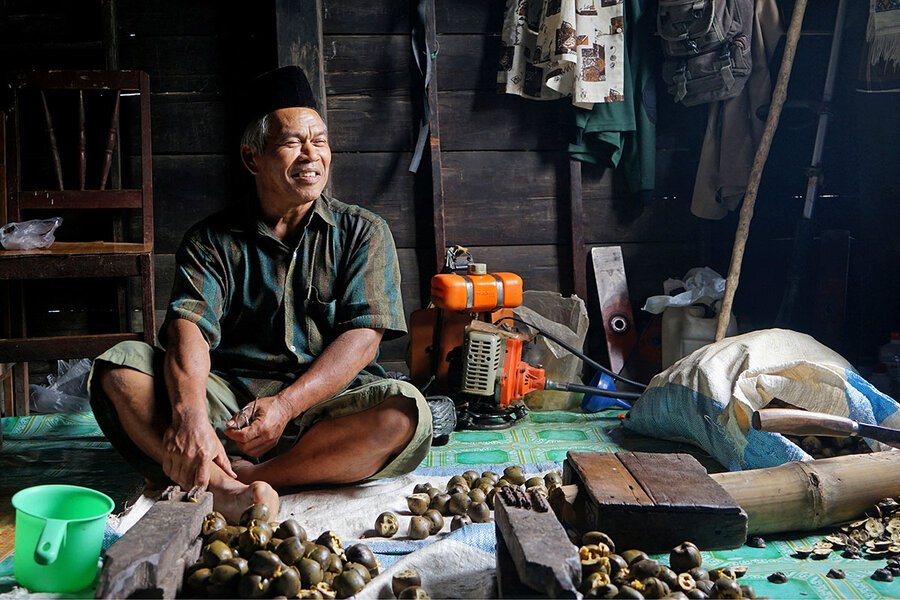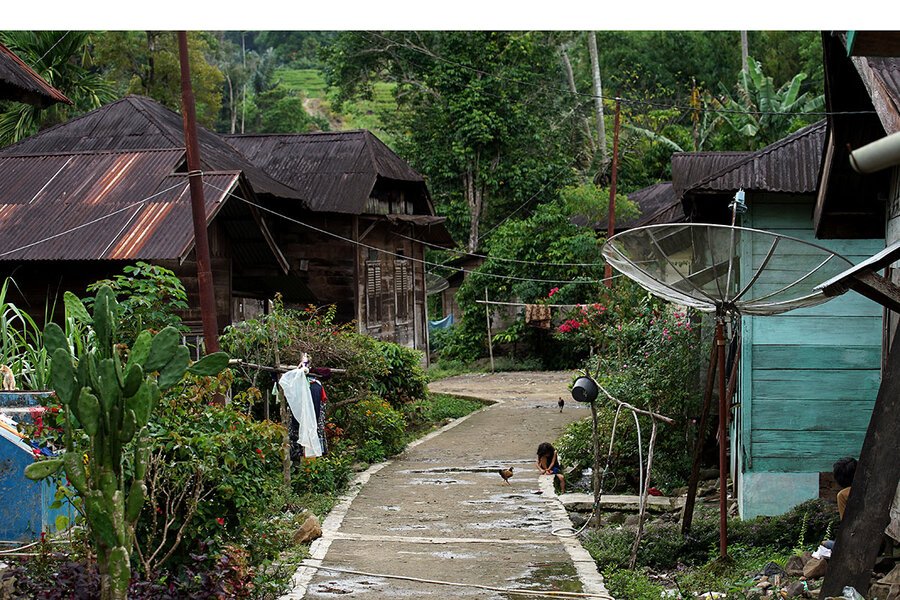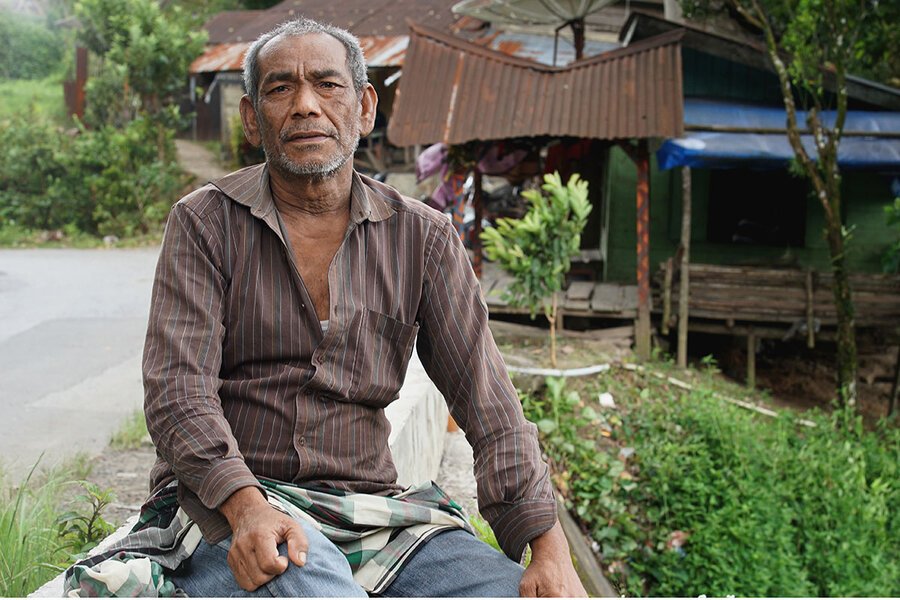





Emmy Hafild co-founded Indonesia’s most prominent environmental NGO in the 1990s. Today she’s an adviser to a private company building a hydropower dam along the Batang Toru river ecosystem on the Indonesian island of Sumatra, which relies on coal to produce most of its electricity.
Ms. Hafild accepts that there is a trade-off between producing hydropower and the disruption of the surrounding ecosystem, but argues that this project is necessary to help Indonesia hit its target for reducing greenhouse gas emissions. “Climate change is real,” she says. “At this time, we cannot ... [see things in] black and white.”
Her support for the project has made her unpopular among Indonesian environmentalists. An international campaign to stop the dam, which is being built by Chinese engineers, has focused on the plight of a rare and endangered orangutan species that lives in the region. The project has been delayed but is due for completion by 2025.
Indonesia is not the only country wrestling with this dilemma. In most developing countries, electricity holds the key to economic growth and industrialization. To produce clean energy may require making hard choices about hydropower projects that impact the environment.
(Assignment for International Women’s Media Foundation and The Christian Science Monitor: Renewable energy in a rare ape’s habitat raises ethical dilemma)